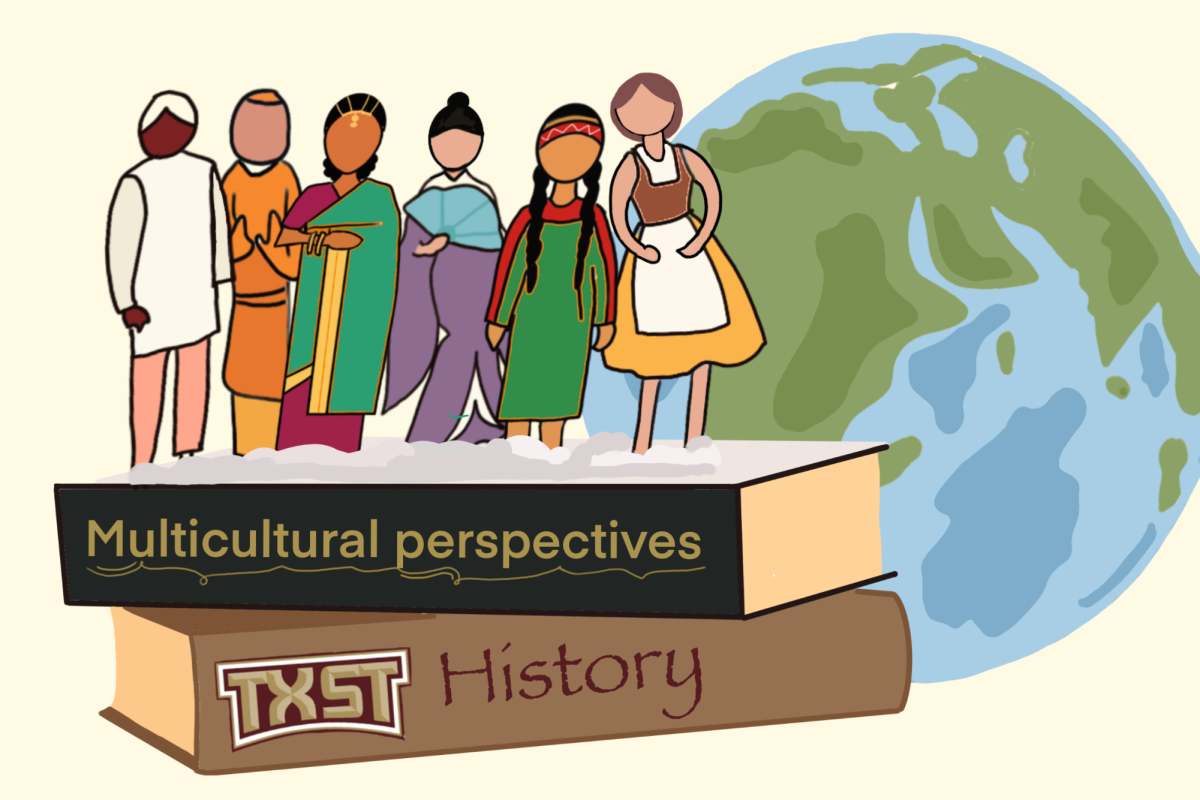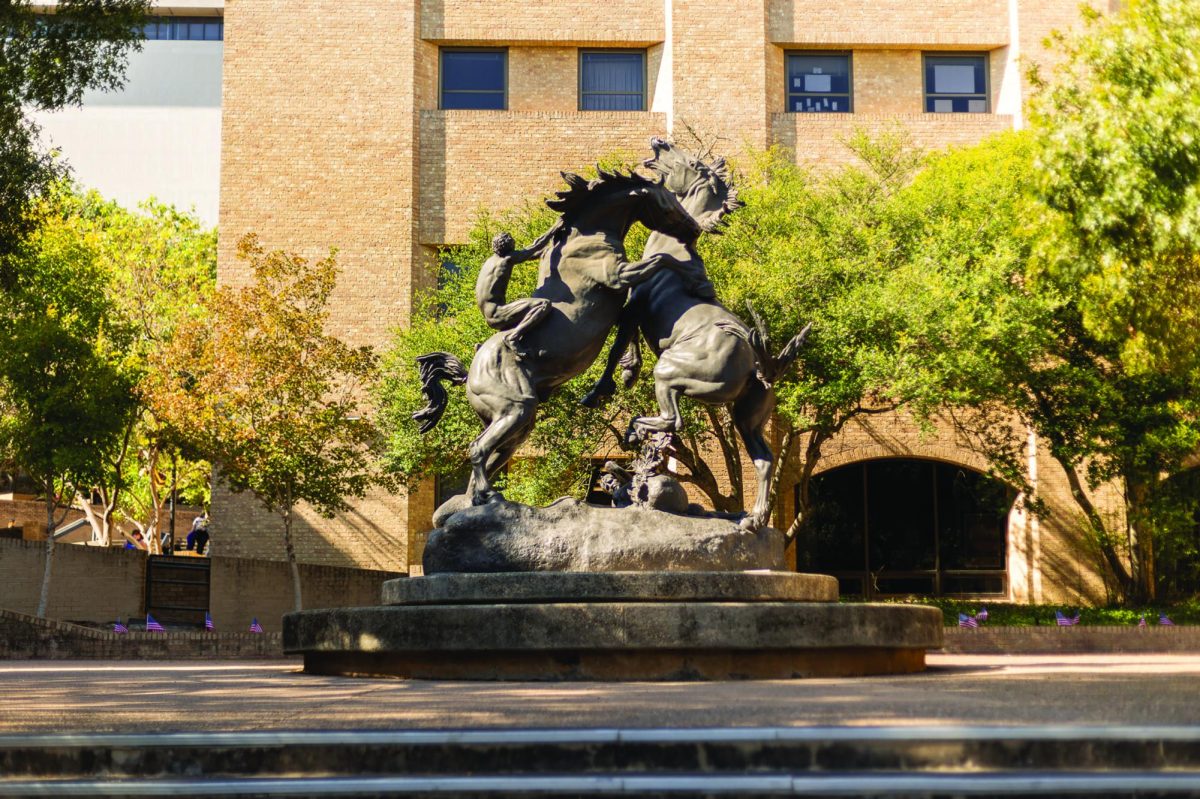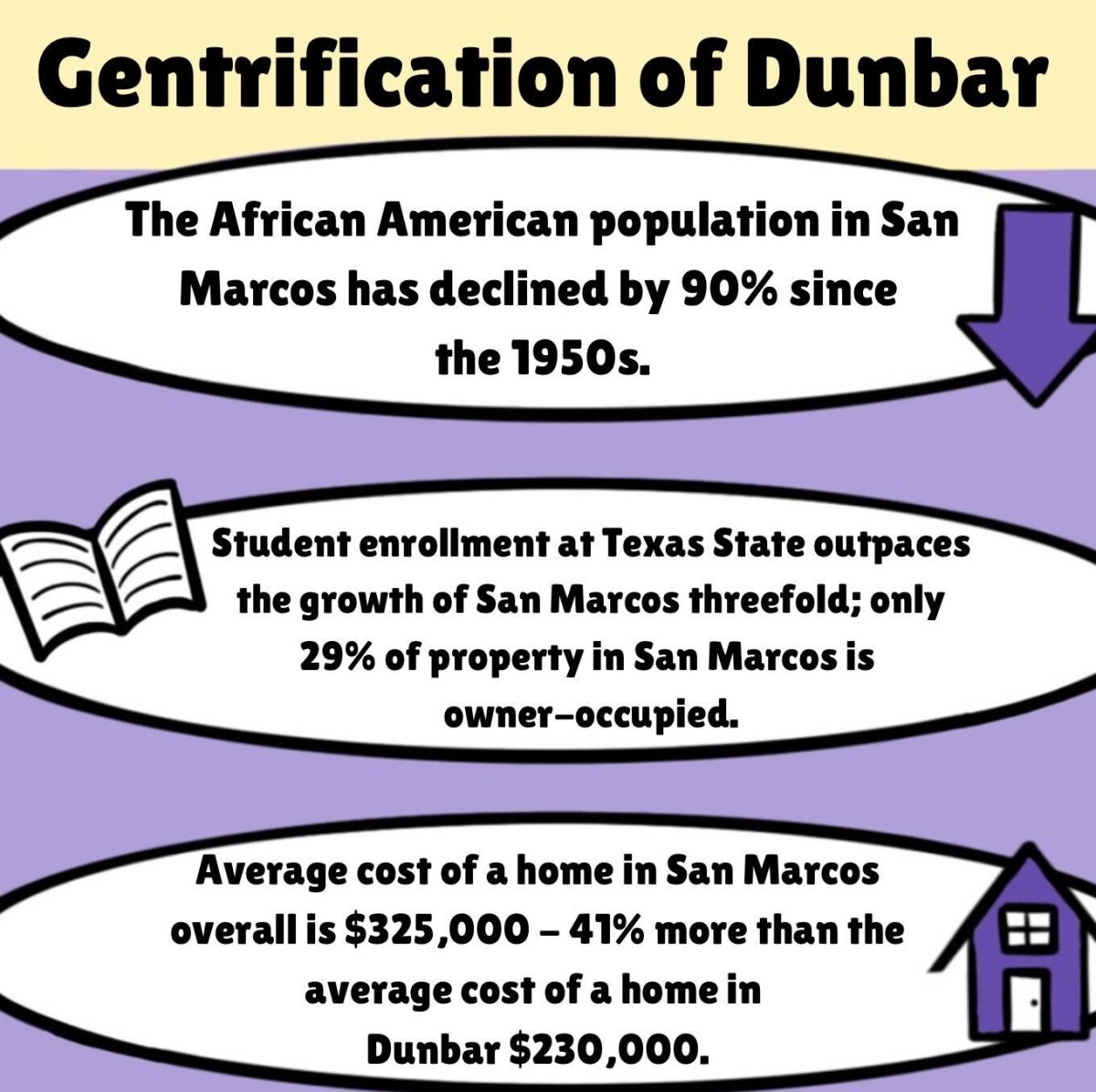Not everyone who attends college is fresh out of high school and enrolled as a full-time traditional student. There are non-traditional students who enroll in college when they are older than 24, are supporting a family, are first-generation students, are financially independent, lack a traditional high school diploma, are part-time students or are military veterans. According to the National Center for Education Statistics, about 74 percent of undergrads fall into at least one of those categories, and many others fall into several.
When it comes to non-traditional students, particularly first-generation students, their needs are often swept under the rug. These students are at a disadvantage, as only 52 percent of first-generation students enroll in college right after high school compared to 82 percent of non-first generation students. Because first-generation students are often left without access to rigorous programs, they tend to have increased drop-out rates.
First-gen students from low-income households have a decreased graduation rate, with only 11 percent of them graduating within six years. Students that fall into those categories, in addition to being a racial or ethnic minority, have an even higher risk for not graduating on time.
These statistics show that first-generation college students are a vulnerable population on college campuses and require special resources and increased involvement from their universities. Support from their institutions is vital for first-generation students to graduate successfully. These students do not have a base to start their educational journey on, leaving them with fewer resources.
First-generation students in classes add greater diversity and different perspectives to discussions, proving that first-gen students are crucial to improved learning environments. While first-gens help to advance the classroom, higher-education institutions are failing to maintain sufficient resources to support this vulnerable population.
Preparing first-gen students before they even get to college might help contribute to their success in obtaining a degree. College-readiness programs help first-gens learn how to make connections with university professionals, giving the students a skill set that they weren’t privy to before. In college, joining campus organizations and creating a support group of friends helps social integration in the atmosphere new for first-gens.
First-gens who have high college social integration have greater enrollment and retention rates. Furthermore, first-generation students who have easily accessible professors tend to have higher grades and greater academic success. Social integration and positive academic relations are two major assets in college social capital, leading to success in student’s college careers. Students who don’t have the resources to obtain social capital fall behind because they don’t have a steady foundation to build their academic careers on.
While first-generation students develop problem-solving skills navigating the college process alone, going their whole college career without guidance or a mentor decreases their success level and these students end up lacking important skill sets needed after graduation. Creating mentoring programs specifically for first-gen students is an important step in accommodating this population since first-generation college students are less likely than their non-first generation peers to have a mentor who is a college professor.
One step towards guaranteeing the success of first-generation students is for universities to first address, then explore the characteristics and issues that this unique population has. Developing programs or creating organizations with first-gen students’ concerns in mind helps create a baseline of support where they can sympathize and uplift each other.
Higher-education leaders need to take steps to better support their first-generation learners. This population has many valuable and unique assets to add to college campuses, and with the right resources, they will be able to not only succeed in college but excel.
– Carissa Liz Castillo is an English senior
Categories:
First-gens need greater resources to combat disadvantages
January 31, 2019
Opinion column: First-gens need greater resources to combat disadvantages
[Illustration by Jeffrey Follender]
0
Donate to The University Star
Your donation will support the student journalists of Texas State University. Your contribution will allow us to purchase equipment and cover our annual website hosting costs.
More to Discover


![Opinion column: First-gens need greater resources to combat disadvantages[Illustration by Jeffrey Follender]](https://universitystar.com/wp-content/uploads/2019/01/0b0e55e0e38771aaa1d4b01c1fad4d99-957x1200.jpg)





